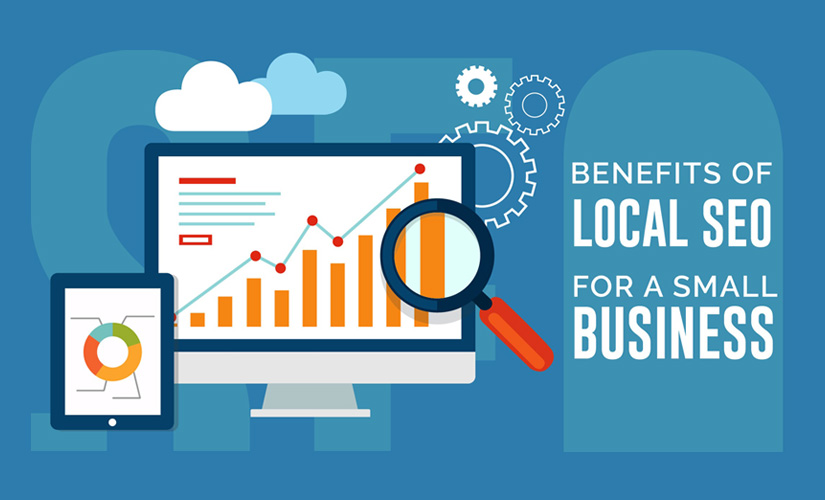In today’s digital world, managing hospital operations manually is no longer feasible. Hospitals, clinics, and healthcare providers need a seamless system to handle patient records, appointments, billing, and more. This is where Hospital Management Software steps in, offering an all-in-one solution that ensures smooth operations and better patient outcomes.
By automating everyday tasks and organizing workflows, hospital management software helps healthcare providers improve efficiency while minimizing human error. Whether you’re running a large hospital or a small clinic, investing in a reliable hospital management system can be a game-changer.

Key Features of Hospital Management Software
A comprehensive hospital management system offers various features designed to simplify operations and enhance care quality.
- Patient Registration and Admission Management
Quickly register new patients and track admission details. This feature ensures the hospital staff has access to all relevant patient data at every stage. - Appointment Scheduling
With automated appointment booking, patients can easily book visits, reducing wait times and improving satisfaction. - Electronic Medical Records (EMR)
Digital medical records ensure easy access to patient history, allowing doctors to make informed decisions efficiently. - Billing and Invoicing
Simplify the payment process by automating billing, handling insurance claims, and generating invoices quickly. - Inventory and Pharmacy Management
Track medicines, equipment, and inventory levels in real time to avoid shortages.
Why Do Hospitals Need Hospital Management Software?
Hospitals are busy environments, often dealing with hundreds of patients daily. Without proper systems in place, managing operations can become chaotic.
- Reducing Operational Bottlenecks: Hospital management software eliminates unnecessary delays in processes, allowing smoother workflows.
- Improving Patient Satisfaction: Faster response times and fewer errors lead to better patient experiences.
- Ensuring Data Accuracy and Security: Data is securely stored, reducing the risk of mismanagement and maintaining patient confidentiality.
Best Hospital Management System in Bangladesh: What to Look for
For hospitals in Bangladesh, choosing the right system involves more than just features.
- Compliance with Local Regulations: Ensure the software aligns with healthcare regulations in Bangladesh.
- Scalability and Customization: Choose a solution that grows with your hospital’s needs.
How Hospital Management Software Improves Patient Care
Good hospital management isn’t just about efficiency; it’s about better care for patients.
- Faster Diagnosis and Treatment: Doctors can quickly access patients’ medical records, leading to timely interventions.
- Real-Time Data Access: Immediate access to lab reports and patient vitals ensures accurate treatment decisions.
- Advantages of Using the Best Hospital Management System
Implementing the right system offers several benefits:
- Time Savings for Staff: Automates repetitive tasks, giving more time for patient care.
- Reduced Paperwork: Digitizing records eliminates the hassle of managing physical documents.
- Automated Reports: Generate reports effortlessly, aiding in audits and management decisions.
Challenges Faced in Implementing Hospital Management Systems
Implementing new software isn’t without its challenges:
- High Upfront Costs: The investment can be significant, especially for smaller hospitals.
- Staff Resistance: Employees may be reluctant to change their workflows.
- Data Migration Issues: Transferring existing data into the new system can be complicated.

Best Practices for Successful Implementation
To ensure a smooth rollout:
- Employee Training Programs: Train staff to use the software efficiently.
- Phased Implementation: Roll out the system in phases to minimize disruptions.
Hospital Management Software in Bangladesh: Market Overview
In Bangladesh, the demand for digital healthcare solutions is rising, with urban hospitals adopting advanced systems. Government initiatives are also promoting the use of hospital management software for better healthcare delivery.
Cloud-Based vs. On-Premises Systems
- Cloud-Based Systems: Accessible from anywhere but dependent on stable internet connections.
- On-Premises Systems: Greater control over data but requires dedicated hardware and maintenance.
Top Trends in Hospital Management Systems
- AI-Powered Systems: Predict patient needs and provide personalized care.
- Telemedicine Integration: Connect patients with doctors remotely.
- Mobile Access: Allows staff to access the system on the go.
How to Choose the Best Hospital Management Software
When choosing software, consider the following:
- Budget: Ensure the solution fits your financial plan.
- Features: Focus on essential features for your hospital’s needs.
- Customer Support: A responsive support team is critical for long-term success.
Best Hospital Management Software Providers in Bangladesh
Several companies in Bangladesh offer reliable hospital management systems. Look for vendors with proven track records and good customer reviews.
Cost of Hospital Management Systems
Pricing varies based on the features and deployment model. Some systems offer subscription models, while others require a one-time payment. Factor in maintenance costs as well.
The Future of Hospital Management Software
The future lies in AI and machine learning, enabling hospitals to predict patient needs and automate more tasks. Predictive analytics will also play a significant role in proactive healthcare management.
Conclusion
Hospital management software is essential for modern healthcare facilities, enabling them to streamline operations and provide better care. With increasing adoption in Bangladesh, investing in the best hospital management system can give hospitals a competitive edge.












